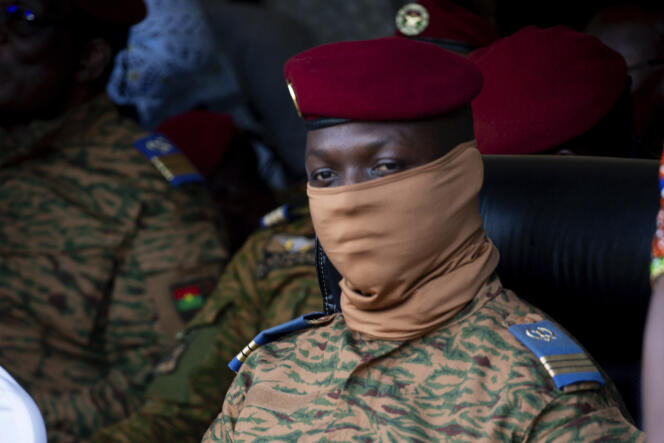Burkina Faso Passes Law Criminalizing Homosexuality,
Burkina Faso's transitional parliament has passed a law criminalizing consensual same-sex relations, imposing prison sentences and fines in a move widely condemned by international human rights organizations.

Burkina Faso’s Transitional Legislative Assembly unanimously passed a sweeping new law on September 1, 2025, that criminalizes consensual same-sex relations for the first time in the country’s history. The legislation, which forms part of a broader reform of the Persons and Family Code, mandates prison sentences of two to five years and significant fines for those found guilty of homosexuality. The law also targets any behavior deemed to promote homosexual practices, with additional penalties for foreign nationals, including deportation.
The move marks a dramatic reversal for Burkina Faso, which, unlike many of its African neighbors, had not previously criminalized same-sex relations. The country did not inherit colonial-era anti-sodomy laws, making this a significant departure from its legal tradition. Justice Minister Edasso Rodrigue Bayala justified the legislation by stating it responds “to the deep aspirations of our society” and demonstrates “respect for cultural values.”
Regional Context and Political Climate
The law’s passage comes amid a broader crackdown on civil liberties under the military junta that seized power in 2022. Since then, civic and political space has narrowed, with increased suppression of opposition, media, and peaceful dissent. The transitional parliament, composed of 71 unelected members, adopted the law unanimously, raising concerns about the lack of democratic oversight and public consultation.
Burkina Faso’s decision aligns it with a growing trend among West African nations. Neighboring Mali, also under military rule, enacted a similar law in 2024, while Ghana and Uganda have recently toughened their anti-LGBTQ legislation. In Uganda, new laws have introduced even harsher penalties, including life imprisonment and, in some cases, the death penalty for so-called “aggravated homosexuality.”
International Criticism and Human Rights Concerns
International human rights organizations have condemned Burkina Faso’s new law as a violation of fundamental rights to privacy and non-discrimination. Human Rights Watch noted that the legislation contravenes Burkina Faso’s obligations under the African Charter on Human and Peoples’ Rights and the International Covenant on Civil and Political Rights. Recent court decisions in Botswana, Mauritius, and Namibia have affirmed that such laws are incompatible with basic human rights.
Critics warn that criminalizing same-sex relations fosters a climate of violence and abuse against LGBTQ individuals, who already face significant social stigma in the region. The African Commission on Human and Peoples’ Rights has previously urged member states to end all acts of violence and abuse based on sexual orientation or gender identity.
Propaganda and Narrative Framing
Official statements from Burkina Faso’s junta and state media have relied on appeals to tradition and national values to justify the law, a common tactic used by authoritarian regimes to rally public support and deflect international criticism. The government has announced plans for an awareness campaign to “popularize” the new law, further entrenching anti-LGBTQ sentiment. Such rhetoric often frames LGBTQ rights as foreign impositions, a narrative designed to delegitimize dissent and reinforce the regime’s authority.
The law now awaits the signature of junta leader Ibrahim Traoré. Human rights advocates have called on him to reject the legislation and instead promote reforms that respect the rights and dignity of all citizens, regardless of sexual orientation.